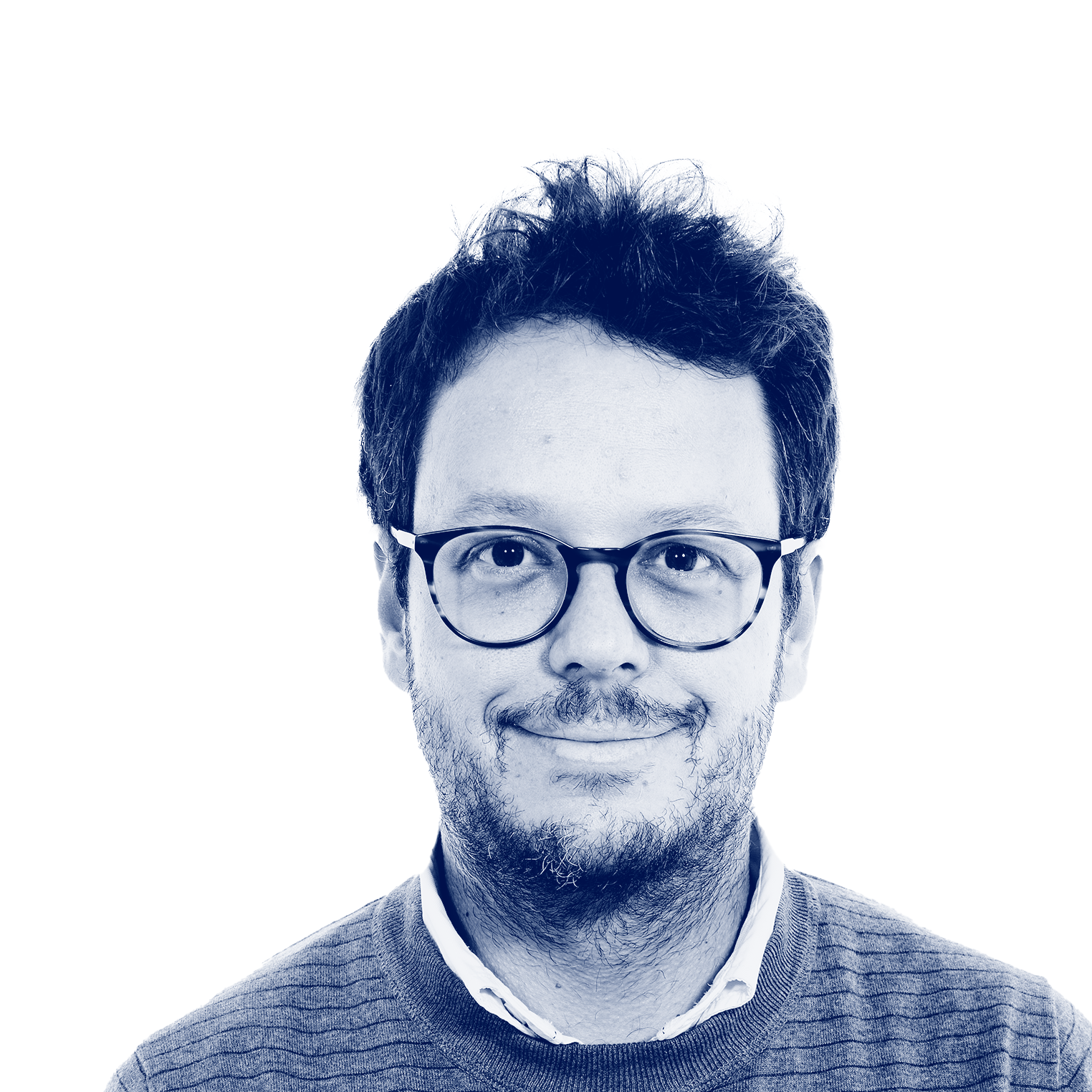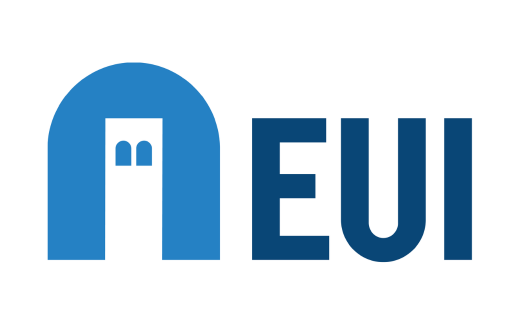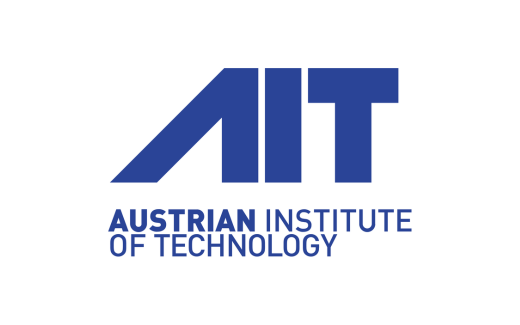
Austrian Institute of Technology
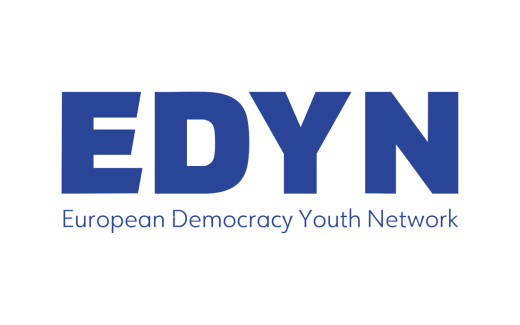
EDYN N.O.
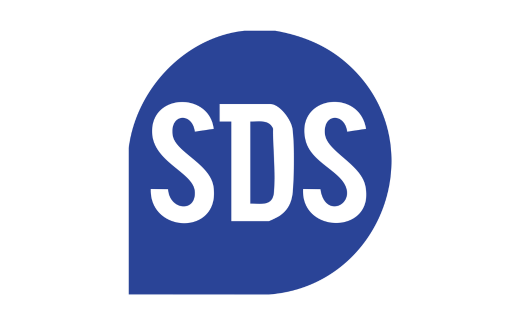
Strategic Design Scenario
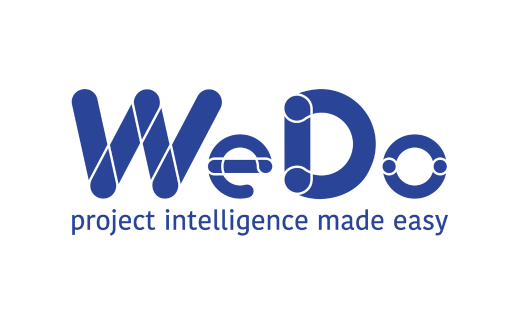
We Do
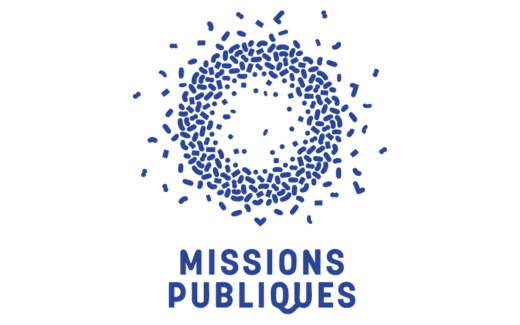
Mission Publiques
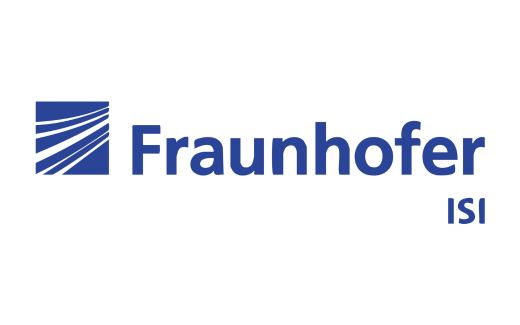
Fraunhofer-Gesellschaft
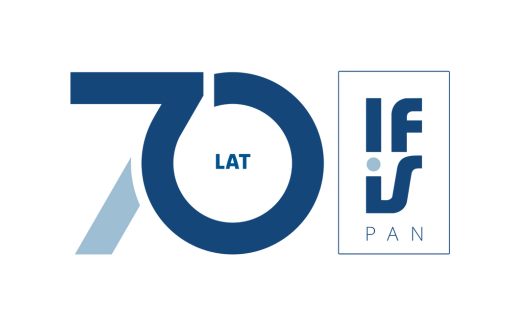
Instytut Filozofii i Socjologii Polskiej Akademii Nauk
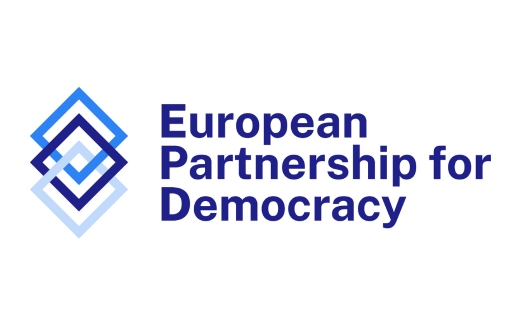
European Partnership for Democracy
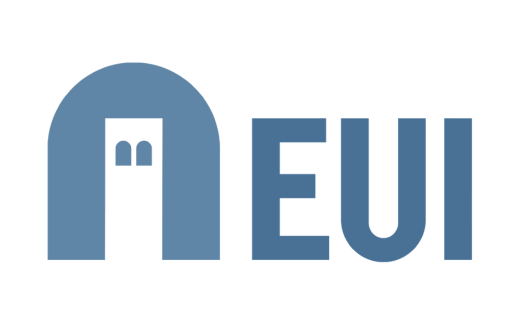
European University Institute
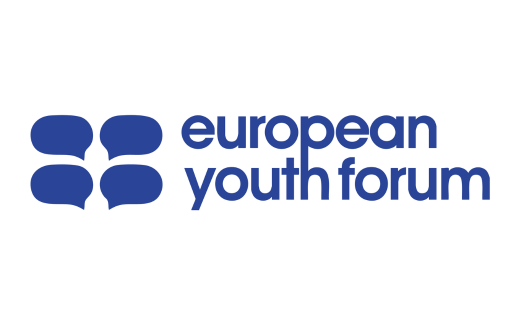
European Youth Forum
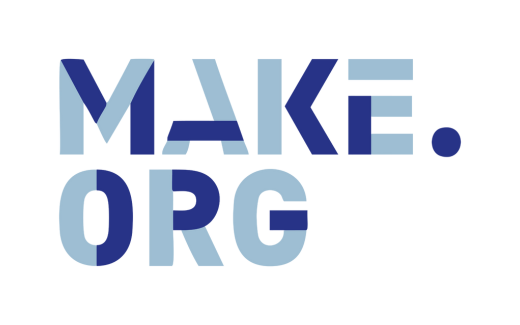
Make ORG.
Austrian institute of technology
The AIT Austrian Institute of Technology is Austria’s largest research and technology organization, with a focus on bridging between scientific research and technology utilization. Additionally, the AIT advises public authorities through comprehensive research on science and technology topics to support policy decisions. Through the Center for Innovation Systems and Policy, AIT coordinates and contributes regularly to large-scale foresight processes, studies, and evaluations in service of Austrian and European ambitions for just, digital, green transitions.
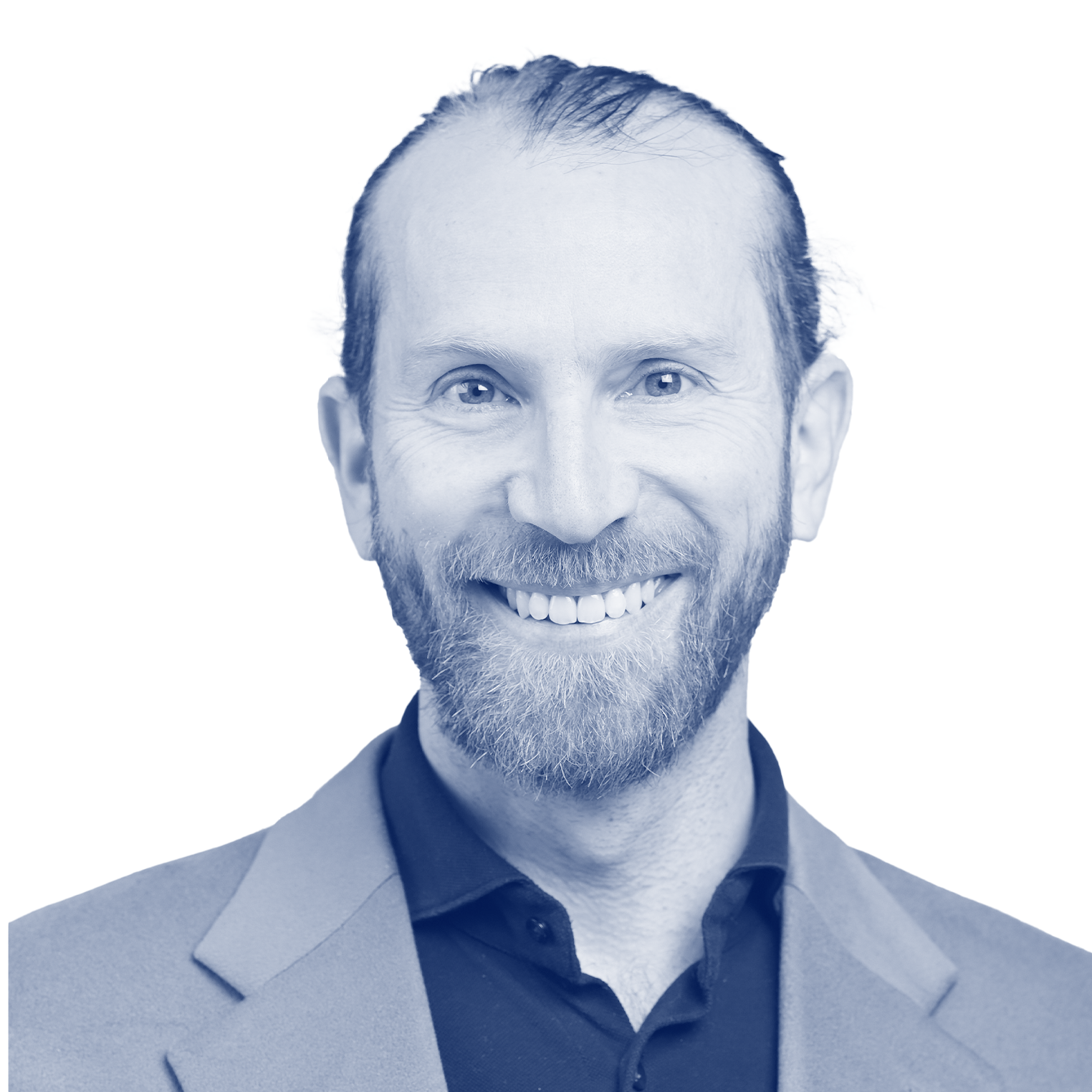
Michael J. Bernstein
Senior Scientist and Research Field Leader
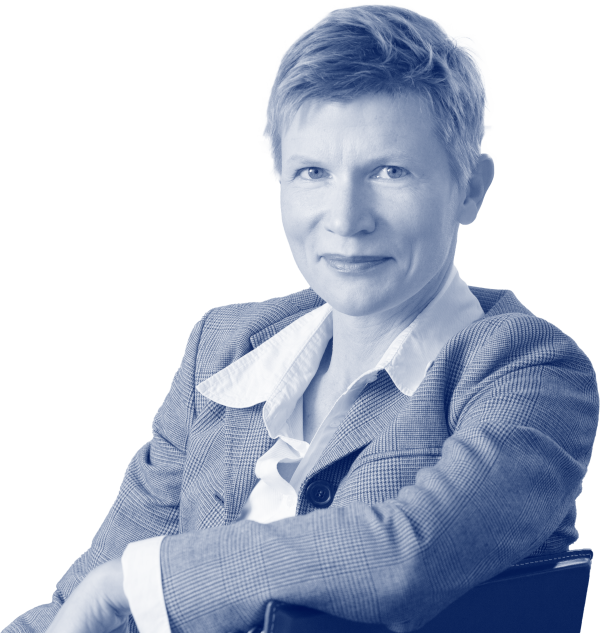
Susanne Giesecke
Senior Scientist
Susanne Giesecke is a senior scientist and project specialist for “Foresight” at the Austrian Institute of Technology’s Center for Innovation Systems and Policy. A political scientist by training, she presently works on qualitative innovation research and Grand Challenges, transformative technology policy, technology assessment, evaluation of R&D programmes as well as foresight.
She has been engaged in several research projects and foresights as well as foresight networks, and future Research and Innovation Policies at EU and international level, always pursuing a participatory approach. Next to the “Eye of Europe” consortium she is also a member of the “Foresight on Demand” (FoD) consortium for the European Commission.
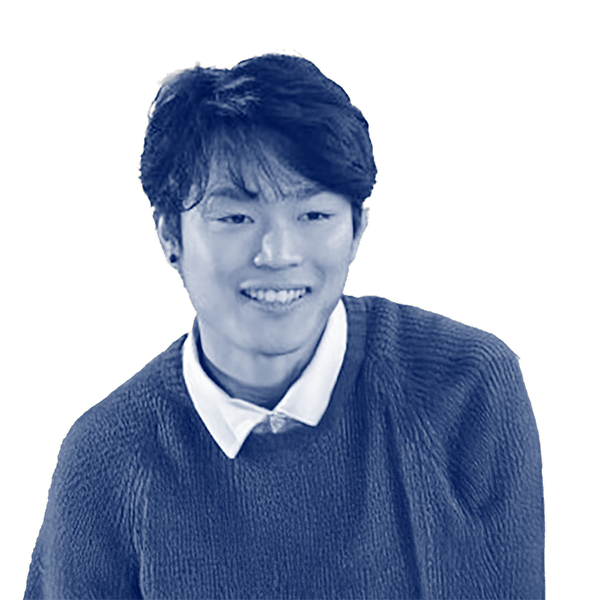
Masafumi Nishi
Junior Scientist
Masafumi Nishi (male) is a junior scientist at the AIT Austrian Institute of Technology, Center for Innovation Systems and Policy.
He holds a Master’s degree in Sociology and Social Anthropology from Central European University. Masafumi is currently working on a master’s thesis about nuclear fusion development in a Master’s program of Science and Technology Studies at the University of Vienna. His research interests lie in energy, sustainability, and artificial intelligence. In the research field “Societal Future” at AIT,
he has been engaged in various foresight/technology ethics projects such as FWC Foresight on Demand in Science, Technology, Research and Innovation Policy (FOD) and TechEthos project.
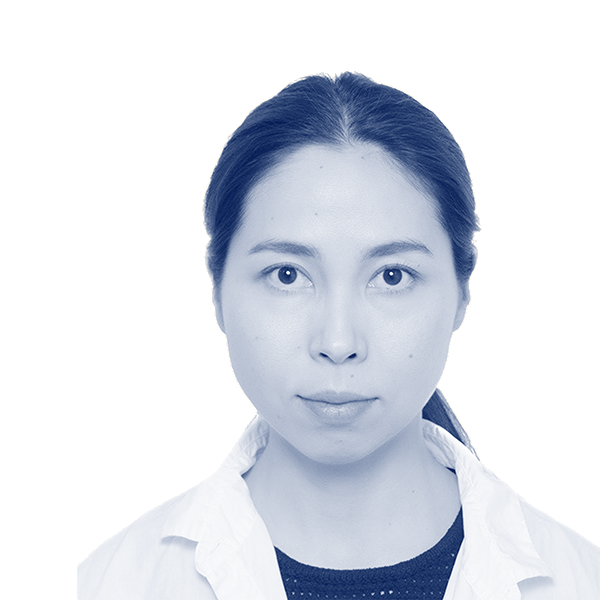
Renata Mandzhieva
Junior Scientist
Renata Mandzhieva is a junior scientist in the research field of Societal Futures at AIT Austrian Institute of Technology. She draws on foresight and Science and Technology Studies (STS) to understand how we perceive and relate to our futures, be it cities, creative economies, or visions of democracy in Europe. She is currently a co-project manager of YouthDecide 2040 on visions of European democracy with and for future generations. Her other projects include “Ethics for Technologies with High Socio-Economic Impact — TechEthos”, “Eye of Europe – The Research and Innovation foresight community”, “Future Infectious Disease Threats to Europe:
A Foresight Approach”, “FWC Foresight on Demand in Science, Technology, Research and Innovation Policy (FOD)”, “Building Capacities for the Climate Neutral and Smart Cities Mission (CapaCITIES)”.
EDYN (European Democracy Youth Network)
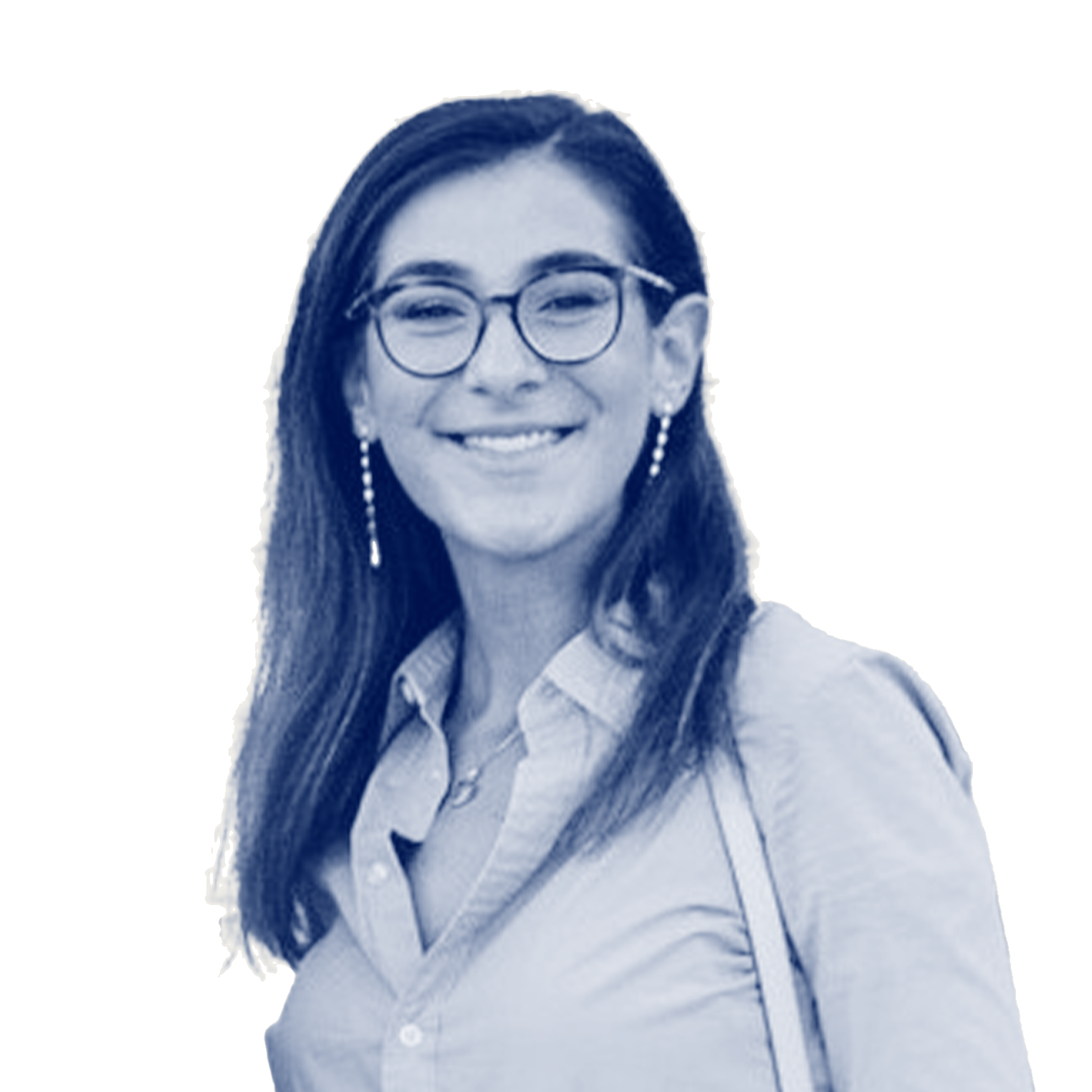
Carlotta Serioli
Head of Partnerships and Philanthropy
Based in Bratislava, Slovakia but originally from Milan, Italy, Carlotta leads EDYN’s fundraising and outreach efforts. She is in charge of developing, maintaining and expanding the network’s partnerships with a range of institutions, think tanks, foundations,
NGOs and universities across Europe, the US, and the UK. She monitors political developments and key trends in the region that inform EDYN’s programmatic portfolio, advocacy priorities and fundraising efforts. She also advises the Executive Director on EDYN’s three-year fundraising strategy, annual programmatic activities, and long-term vision and mission. Carlotta has a background in policy advocacy and project management at the Organization for Security and Cooperation in Europe (OSCE); political research and communications at Italy’s leading think tank (the Institute for International Political Studies); and strategic consulting for Europe’s largest investment banks. Carlotta holds a B.A. in Politics and International Relations from the University of Manchester and a M.Sc. in International Political Security from University College London. She is fluent in English, Italian,
French and Spanish.
Strategic Design Scenarios
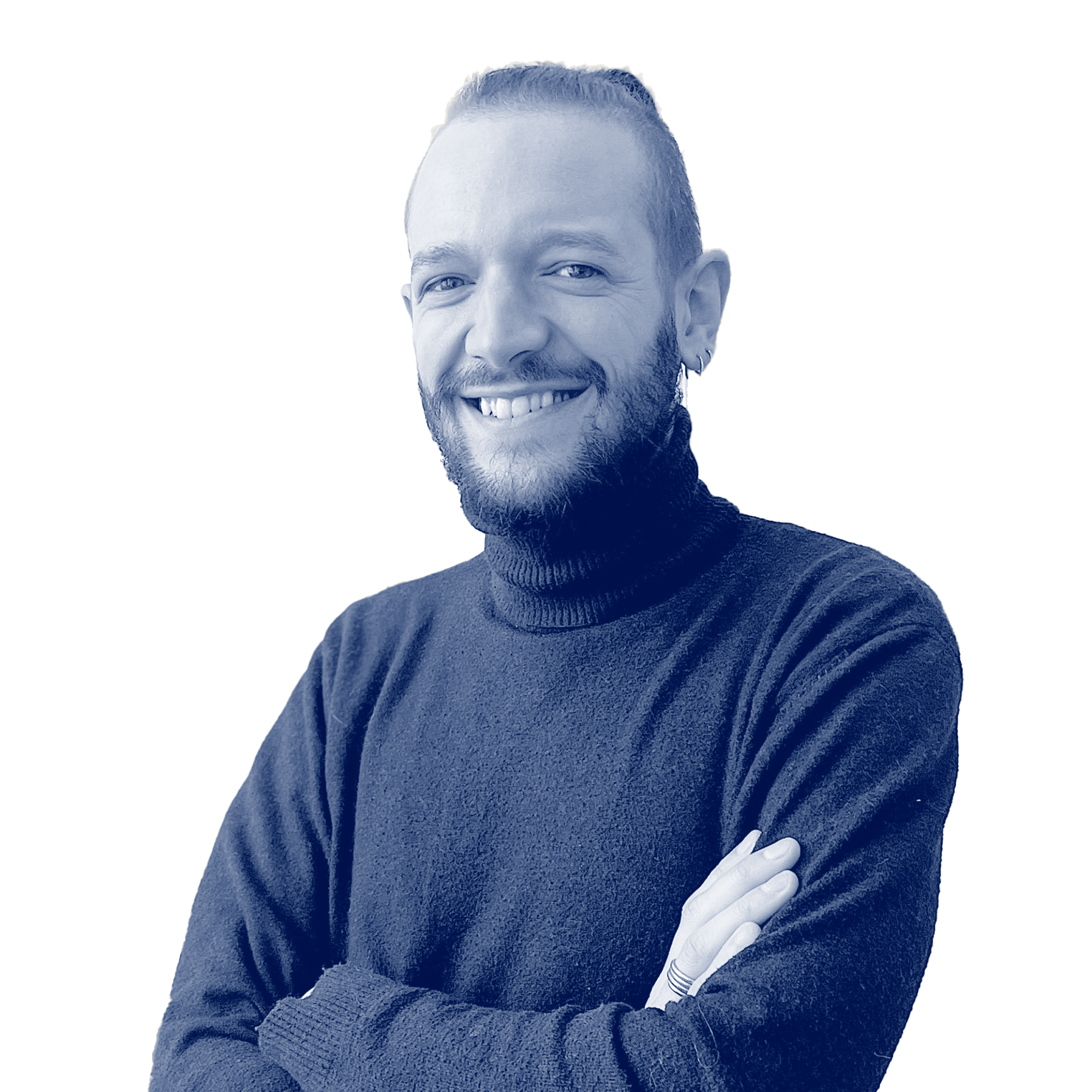
Christophe Gouache
Designer & researcher
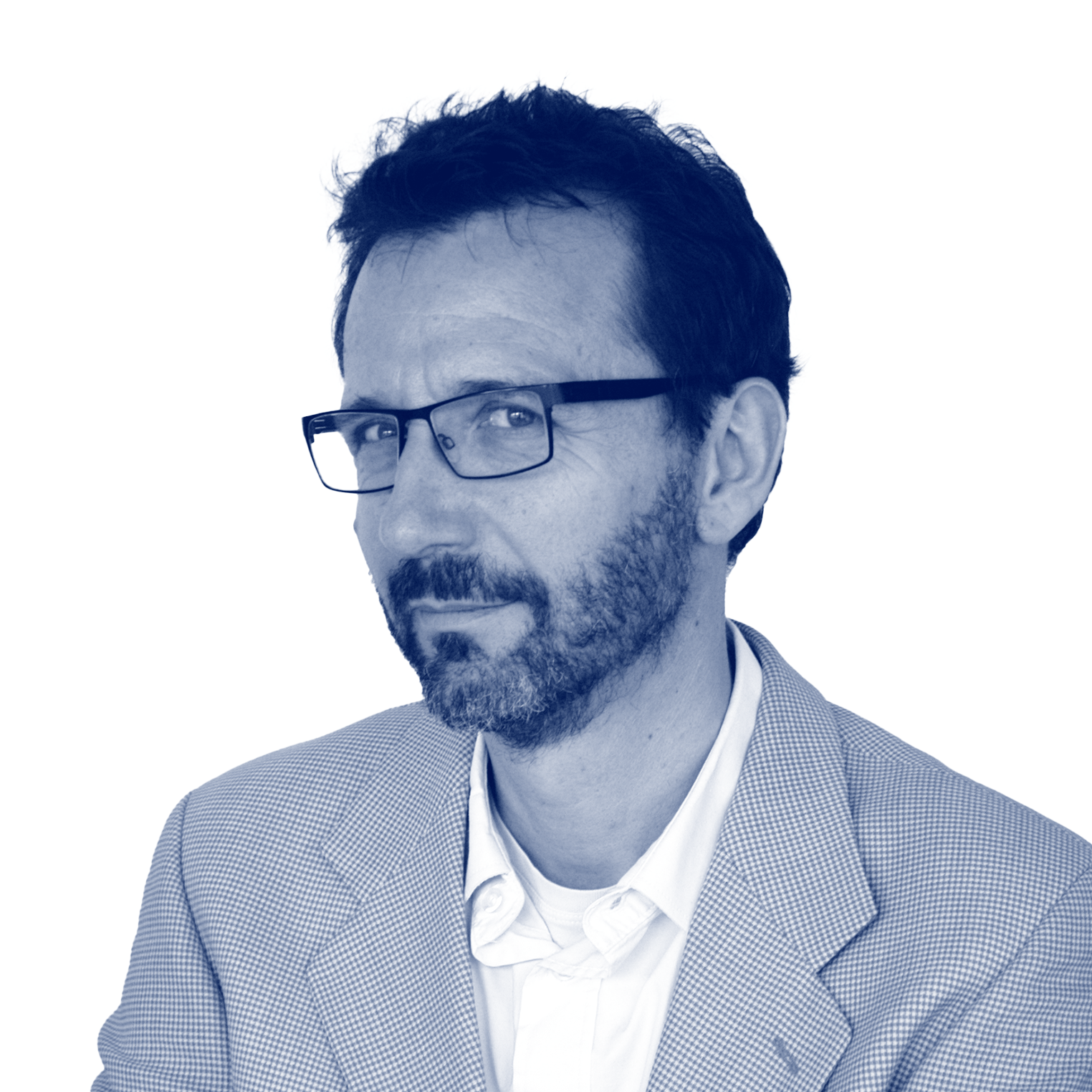
FRANÇOIS Jégou
Administrator
Designer by training and founder of the Brussels-based design lab Strategic Design Scenarios, François has 30 years’ experience in research, consulting and training on strategic design, participative scenario building and development of new product-services-policy system. He is professor of strategic design at La Cambre, Brussels, trainer for civil servants at INET, Strasbourg and
co-founder of DESIS network of design for social innovation and sustainability. As expert for URBACT and EUI, he is supporting transfer of practices between European cities in sustainable food transition, urban regeneration or social cohesion. François has a large experience as researcher on transition processes, citizen participation and foresight as partner of various FP5, FP6 and H2020 exploring sustainable lifestyles, energy transition, future of innovation or adoption of Responsible Research and Innovation. His last publication: “Reinventing Participatory Democracy?” is the result of a capitalisation and foresight on 25 years of participation in the city of Ghent.
WeDo Project Intelligence made easy
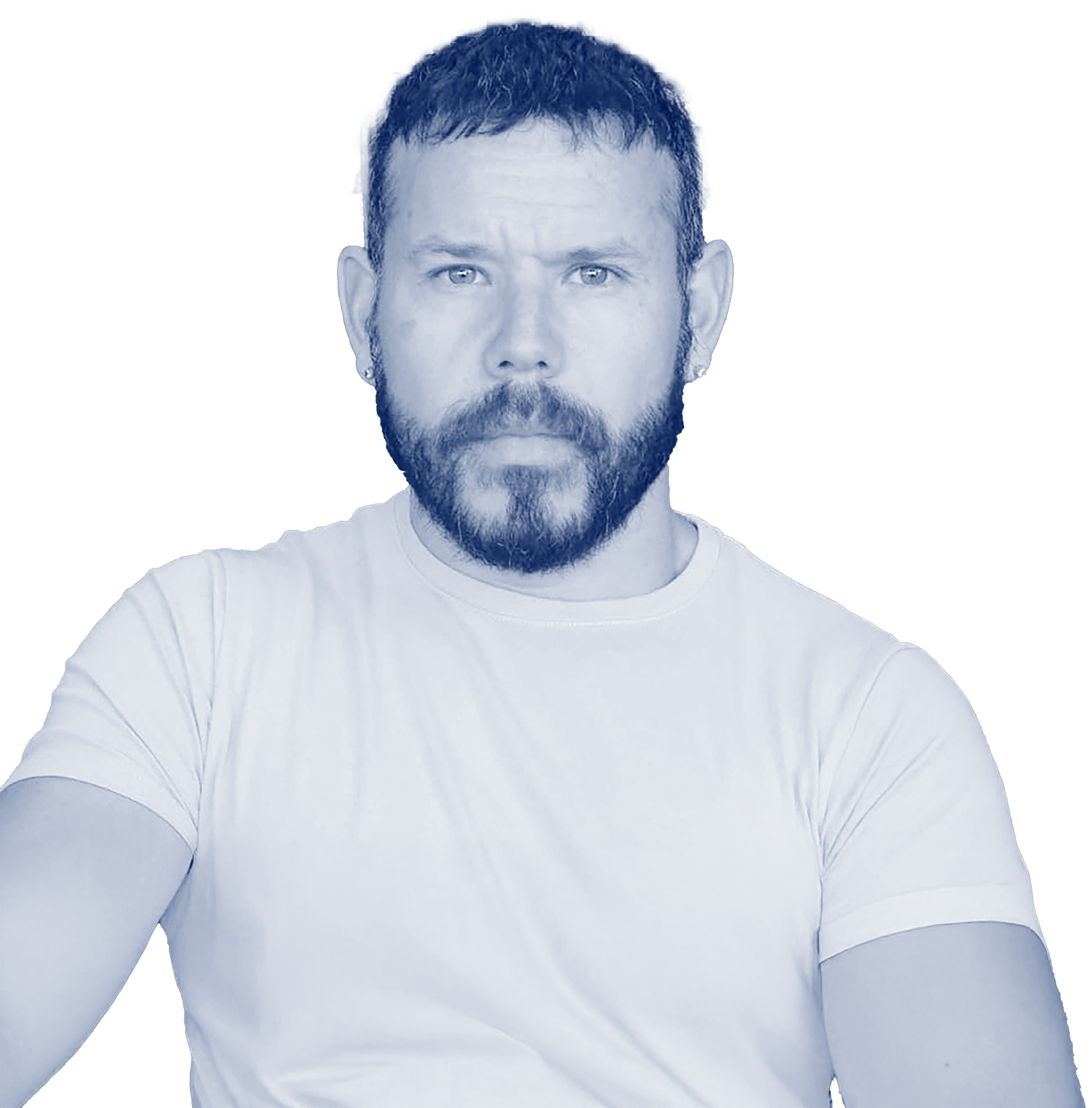
Mario Magaña
Communication officer
Mario Magaña is an expert in project communications, graphic design, and visual thinking. With a Bachelor’s in Art (2004), a Master’s degree in Corporate Communication (2020), and director of communications at WeDo, MM contributes more than 15 years of experience in visual communication and design. He developed communication plans and tools for 14 research projects, including FP6, FP7, and H2020, where he applied his experience in project branding and editing, communication tools and actions, social media management, and outreach material.
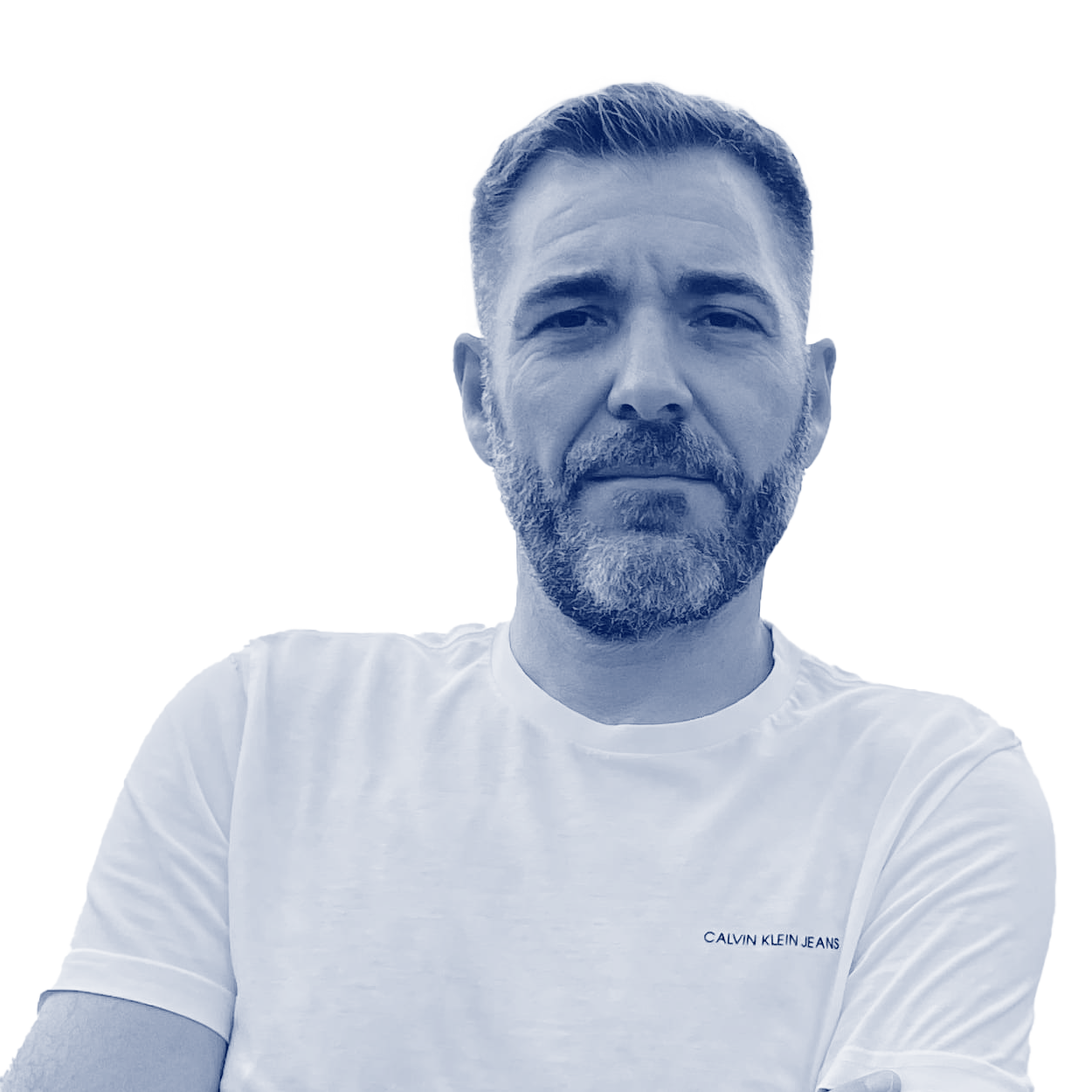
Ángel Honrado
IP - WP Lead
Since 2004 Ángel Honrado has worked as a Project Manager in the planning, management, and implementation of collaborative and multidisciplinary research projects, ?with total funding of ~ €95M. He has been directly involved in the preparation and management of more than 80 R&I proposals presented to the EC. He has also worked in the development and implementation of communication and outreach strategies (including the organization of workshops and international conferences). Co-founder and Public Funding Manager of FreeOx Biotech S.L., a start-up developing a neuroprotective treatment that prevents damage caused by reperfusion after stroke, based on the results of clinical research.
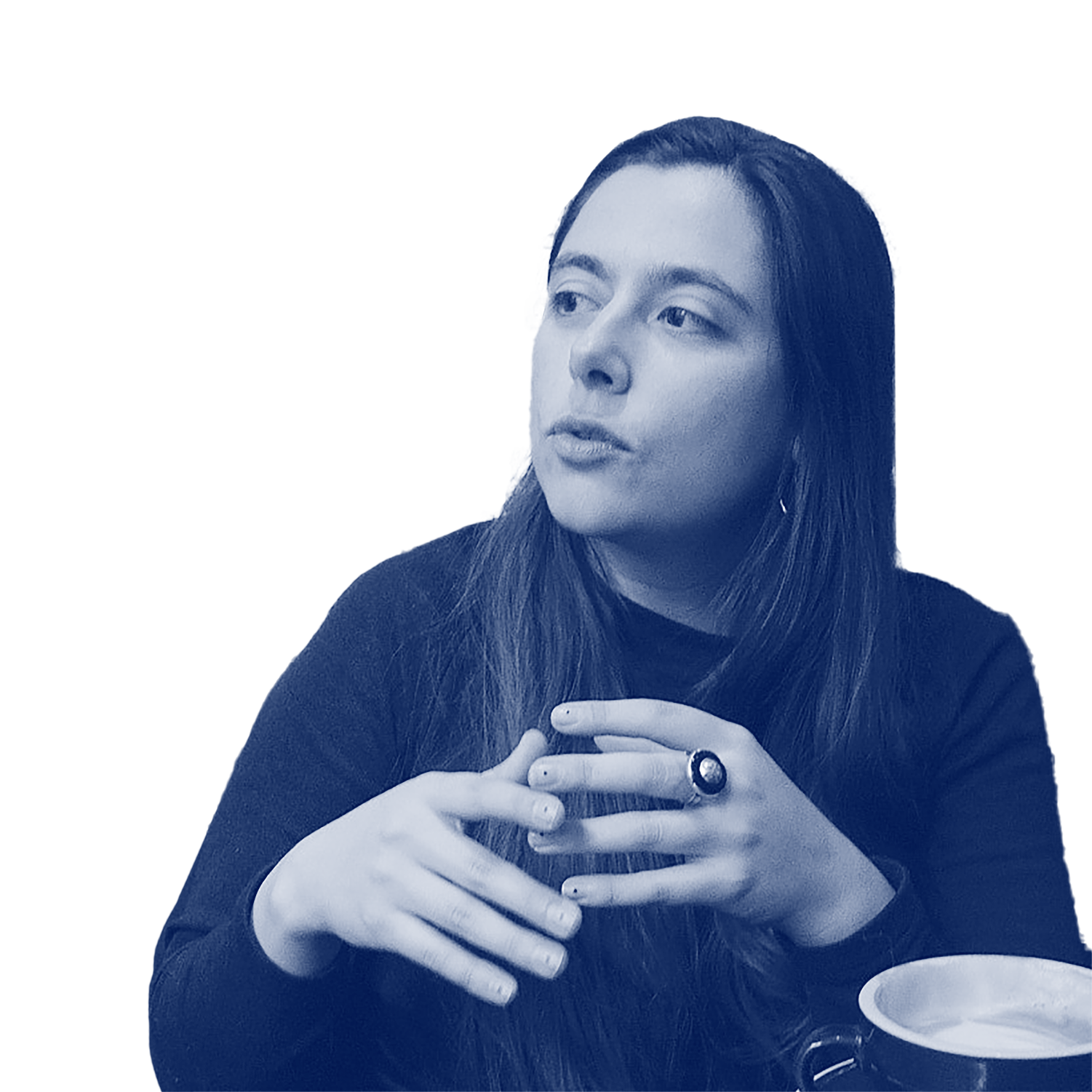
Olaya Moena Latasa
Content Creator
Olaya is a Science Communicator with experience in health sciences, social studies, and epidemiology. She has worked on research projects related to the health needs of migrant populations, disability and community inclusion, cancer, knowledge valorisation, and climate change, among others. Her areas of interest and expertise focus on social participation and citizen science, as well as the development of museum and audiovisual narratives with an inclusive approach.
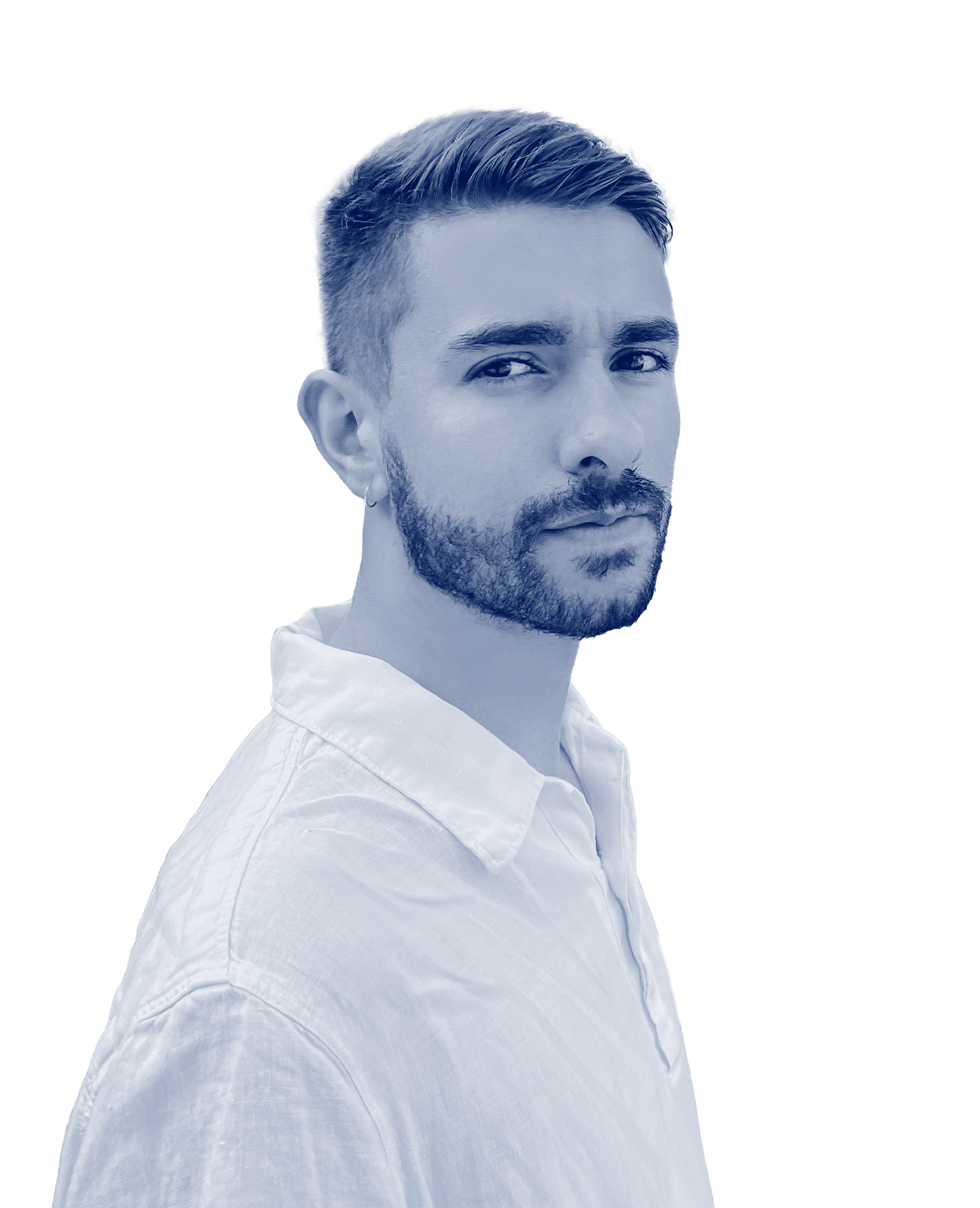
JORGE GUTIÉRREZ
Content Creator
Jorge is a multidisciplinary cultural communicator and content creator with a strong background in graphic design, digital storytelling, and cultural management. He has collaborated with museums, public institutions, and architectural studios on participatory projects related to heritage rehabilitation and cultural outreach. His experience bridges both the creative and strategic dimensions of content creation—from ideation and visual design to communication planning and audience engagement. Passionate about inclusive narratives and public participation, Jorge connects culture, heritage, and community through powerful, purpose-driven storytelling.

IRENE CANOVI
Graphic Designer
Irene is a graphic designer and illustrator with a Master’s degree in Design and Visual Culture. She specialises in branding, web design, and the development of impactful and sustainable projects. Throughout her career, she has contributed to diverse projects across Germany, the USA, China, Slovenia, Italy, Portugal, and Spain.
Her growth as a designer has been fueled by a blend of strong technical skills, boundless creativity, natural curiosity, and an ongoing drive to push boundaries. Her areas of interest includes photography, photo and video editing, SEO, advertising, and editorial design. Irene finds daily inspiration in the world around her—whether it’s in the unexpected beauty of street art, in thought-provoking conversations with friends and strangers, or in the small details of everyday life.
Missions Publiques
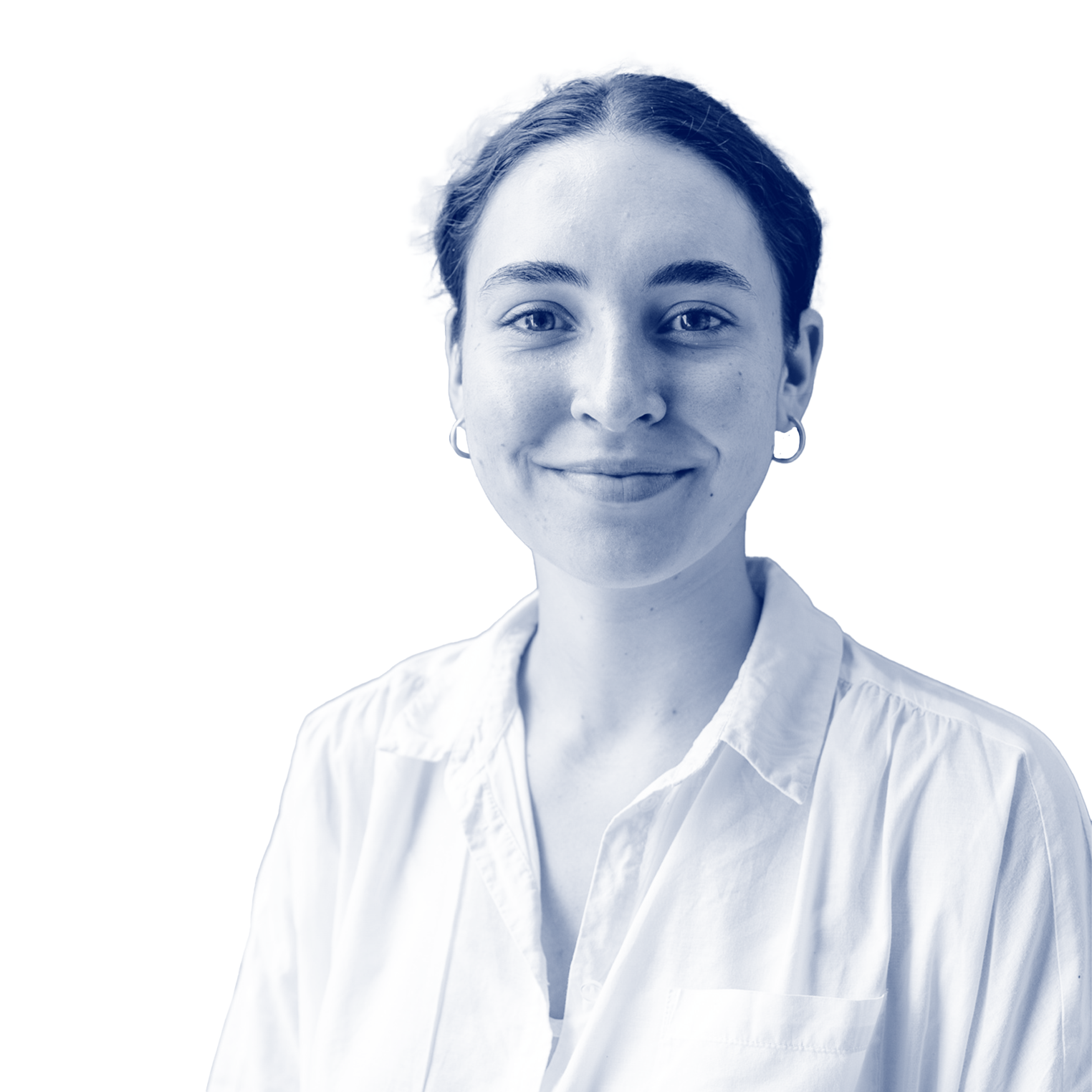
Jeanne Perreul
Participatory project officer
Jeanne Perreul is a consultant specializing in participatory project management and citizen engagement. Drawing on her background in political science, she has gained valuable experience contributing to initiatives that foster dialogue and co-create public policies. As part of the team for the European Horizon project “YouthDecide 2040,” she helps implement deliberative workshops aimed at exploring future democratic scenarios. Jeanne has worked with various organizations, including the European Commission and NGOs, supporting citizen panels on topics such as energy efficiency, social cohesion, and climate change.
She has also been involved in designing and facilitating participatory processes in areas like urban planning and cultural policy.
Her approach emphasizes inclusivity and diversity, striving to create welcoming spaces for dialogue. Jeanne is committed to contributing to meaningful and collaborative projects that empower communities to engage actively in shaping the decisions that impact their lives.
Fraunhofer ISI - Institute for Systems and Innovation Research
The Fraunhofer Institute for Systems and Innovation Research ISI carries out research for practical applications in nine departments and aims to be an independent thought leader supporting society, politics and business. With our research-based foresight methods, The ISI Foresight department facilitate navigation through the complexities of uncertain future developments, question biases in future thinking, initiate learning processes, and open up new possibilities within robust future strategies.
Institute of Philosophy and Sociology at the Polish Academy of Sciences
Piotr Zagórski
Postdoctoral Research Fellow
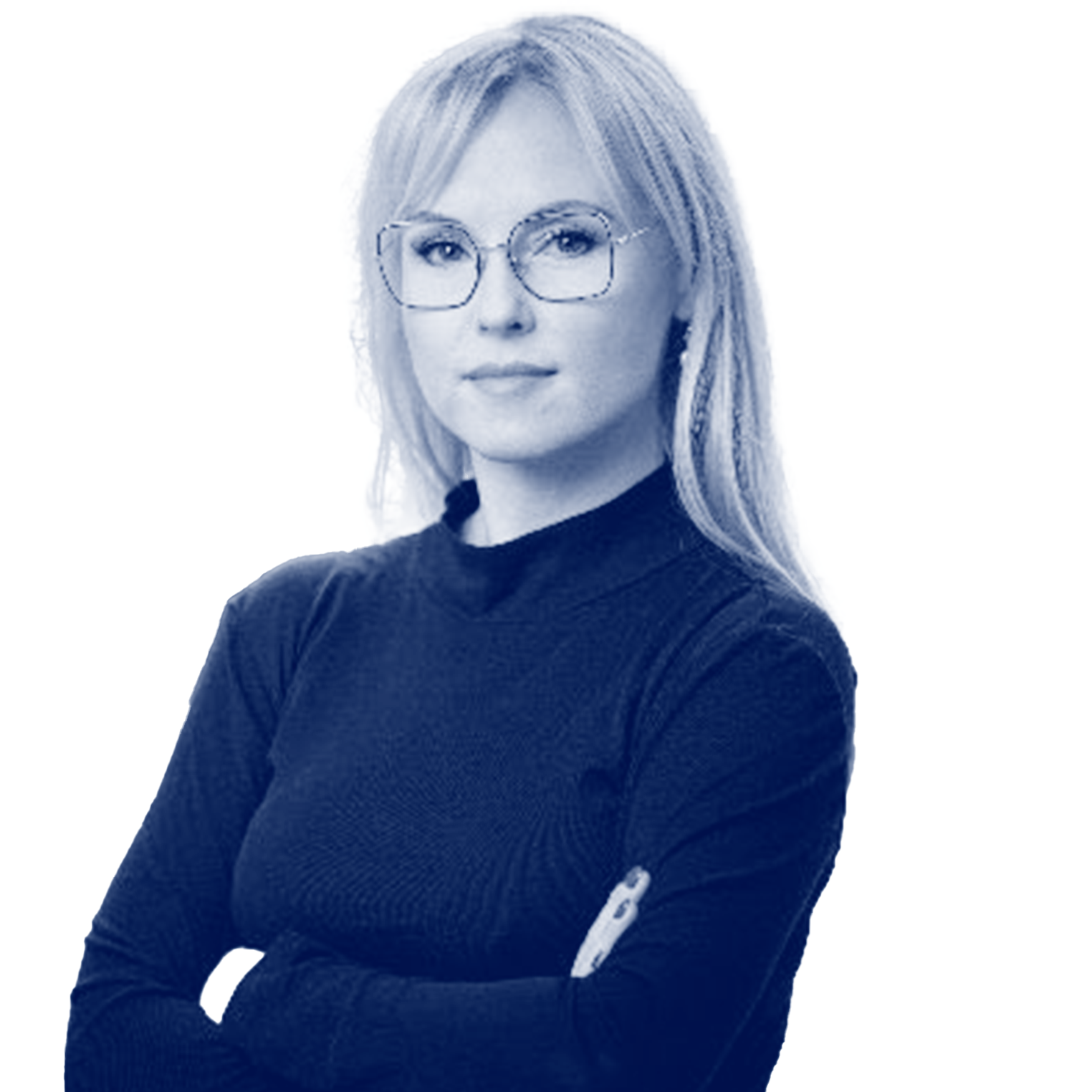
Dr. Edit Zgut-Przybylska
Assistant Professor (European Studies Unit, IFIS PAN)
Dr. Edit Zgut-Przybylska is an Assistant Professor at the Institute of Philosophy and Sociology (IFIS) in the Polish Academy of Sciences (PAN) and a Research Affiliate at CEU Democracy Institute. Her research interest covers informality and populism in the context of democratic backsliding and the constraining role of the European Union. Edit conducts policy analysis about Russian and Chinese influence, including disinformation. She is also a visiting lecturer at the Foreign Service Institute of the US State Department. Synthetic versions of her work are available on POLITICO EUROPE, Foreign Policy and Visegrad Insight. Edit held a re:constitution fellowship 2022/2023, a Rethink.CEE fellowship at the German Marshall Fund of the United States and a Visegrad Insight Fellowship. She previously worked at Political Capital Research Institute and prior to that, she was a journalist at various media outlets in Hungary.
European Partnership for Democracy (EPD)
The European Partnership for Democracy (EPD) is a network with a global remit to support democracy. In 2008, several organisations came together to create EPD as a partnership to reinforce European democracy support by building a community that advocates and acts for democratic values around the world. EPD works inside and outside Europe because we recognise that democracy is a universal aspiration and that the contemporary challenges and opportunities for democracy are global in scope.
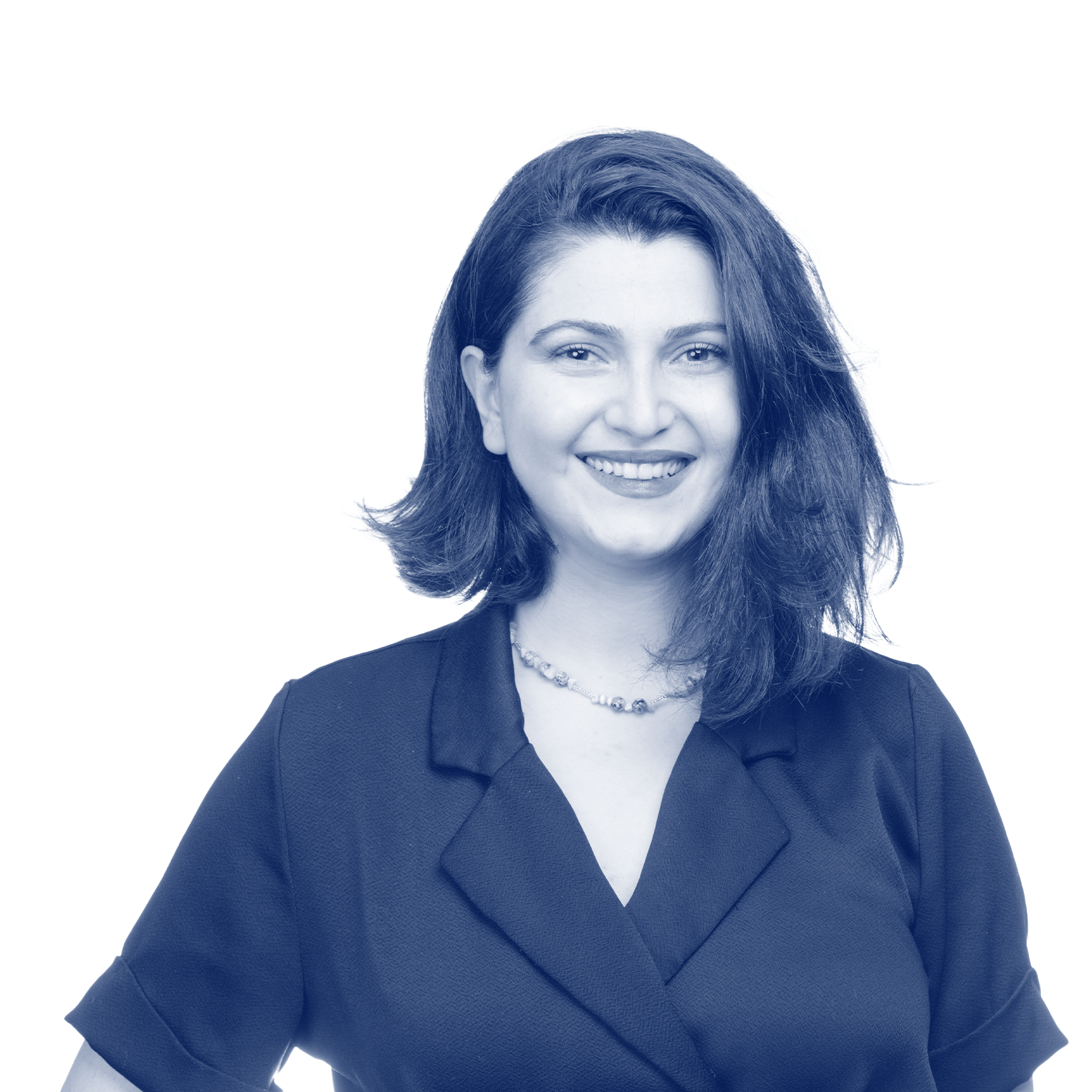
Ana Mosiashvili
Research and Programme Officer
Ana Mosiashvili is a Research and Programme Officer at the European Partnership for Democracy. Ana holds a Master’s degree in International Human Rights Law and has hands-on experience in project management, research and advocacy in the fields of meaningful youth participation, youth work, social justice, gender mainstreaming and intersectionality. Ana has worked with several national and international organisations, including Y-PEER Network, Caucasus Environmental NGO Network (CENN), European Confederation of Youth Clubs (ECYC), as well as an expert for UNESCO, UNFPA and PMNCH.
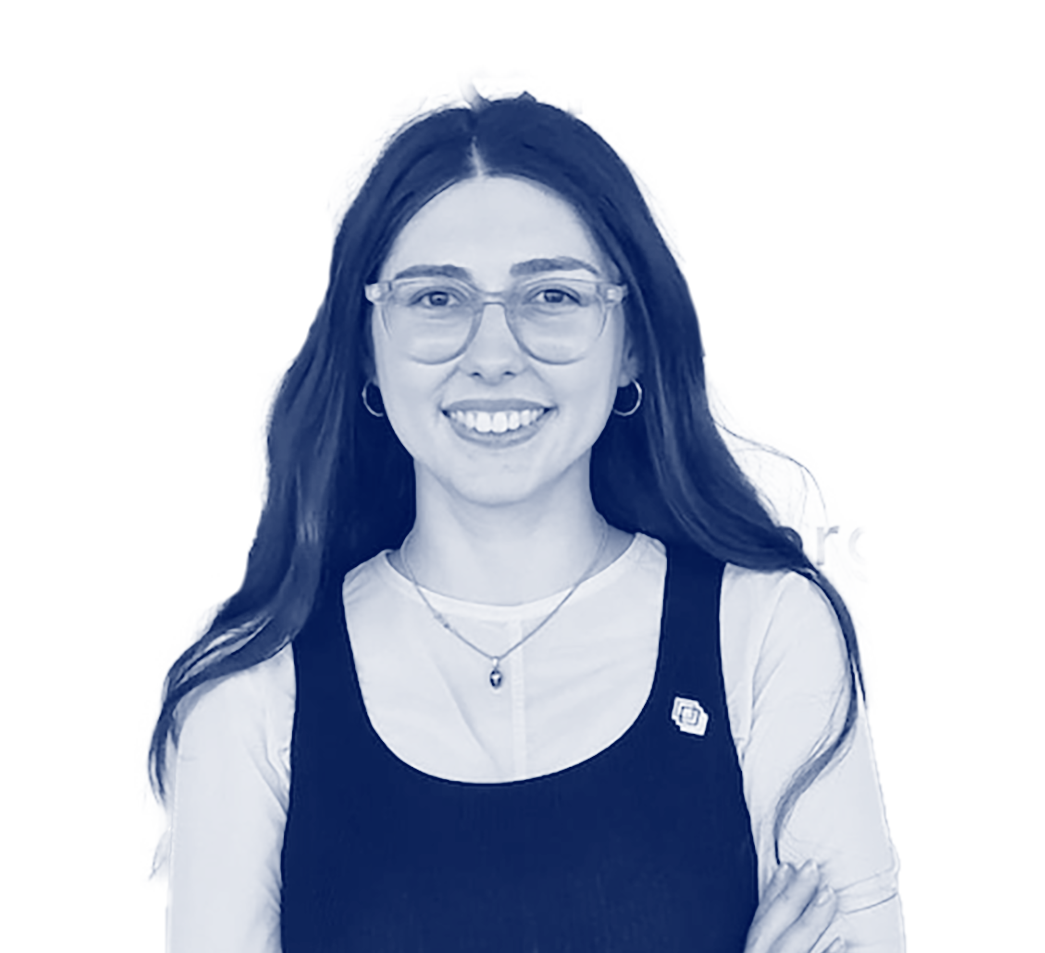
Evelyn Mantoiu
Research and Data Manager
Evelyn Mantoiu is a Research and Data Manager at the European Partnership for Democracy, where she works on research and data analysis related to democracy support and democratic renewal. Evelyn holds an MSc in Democracy and Comparative Politics from University College London (UCL) and a BA in International Relations and Politics from the University of Sheffield. Evelyn has been working at the European Partnership for Democracy since 2022, where she has been contributing to the development and implementation of research projects that aim to strengthen democracy support.
European University Institute
The European University Institute (EUI), located in Florence, Italy, is Europe’s postgraduate and postdoctoral research university dedicated to the social sciences and humanities. Established in 1972 by the European Union’s founding member states, the EUI is an intergovernmental organisation providing advanced academic training and cutting-edge research opportunities in the fields of economics, history, law, political and social sciences, and beyond.
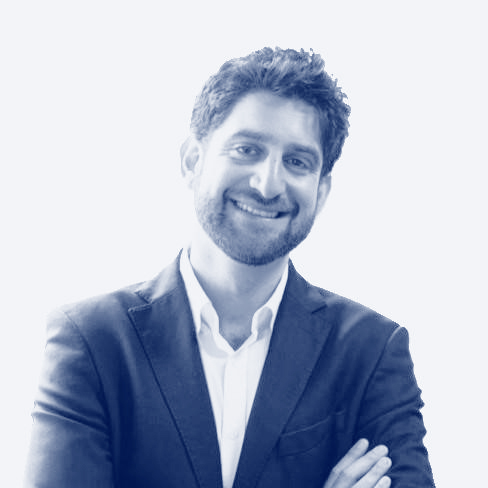
JONATHAN MOSKOVIC
Democratic innovation advisor
Jonathan Moskovic is a specialist in democratic innovation with extensive experience in citizen participation and deliberative democracy. Passionate about fostering more inclusive and participatory political systems, he has worked on designing and implementing citizen assemblies that empower people in decision-making. He has collaborated with public institutions, think tanks, and civil society organizations to develop cutting-edge democratic practices, ensuring that deliberative processes are transparent, inclusive, fair, and impactful Currently, Jonathan is leading efforts to renew the Socialist Party in Belgium, integrating deliberative and participatory mechanisms to shape its future. He is also the founder of What About Dem, a platform dedicated to strengthening democratic practices through citizen-led initiatives.
European Youth Forum
The European Youth Forum is the biggest platform of youth organisations in Europe, representing over 100 youth organisations, which bring together tens of millions of young people from all over Europe. The European Youth Forum works to empower young people to participate actively in society to improve their own lives and advocates for their rights.
The Youth Forum promotes youth participation, making young people catalysts for positive change and contributors of innovative solutions to Europe’s challenges.
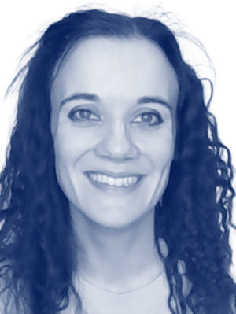
Anna-Kate Blackwell
Acting Director of Policy and Advocacy
Make ORG.
MAKE.ORG is a European, non-partisan civic tech organisation committed to strengthening democracies through innovative technologies and participatory methodologies. By collecting citizen proposals, running awareness campaigns, and fostering public engagement, MAKE.ORG transforms ideas into concrete actions. The organisation aims to generate meaningful, visible impact at national and local levels, contributing to the development of a more inclusive and responsive society.
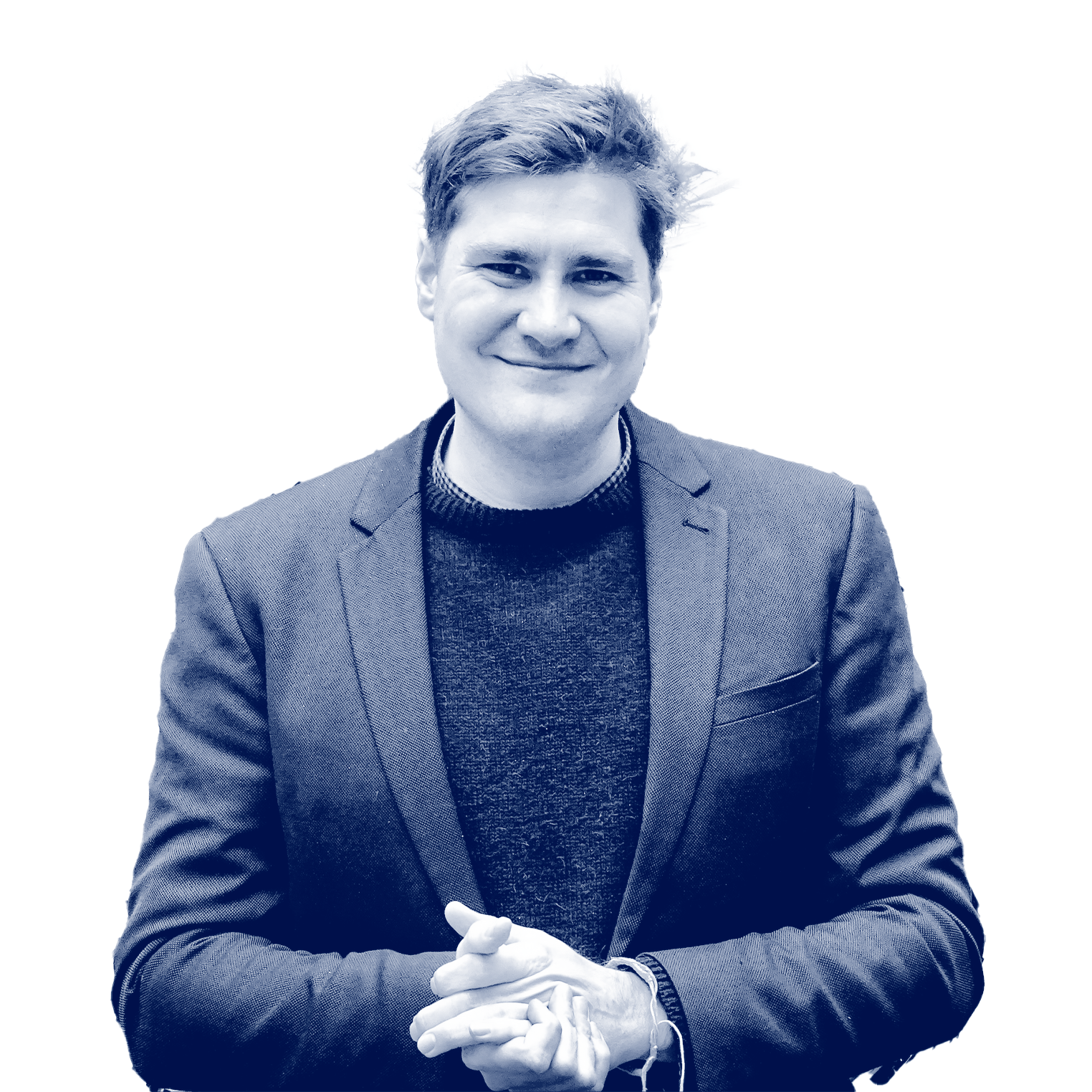
Hendrik Nahr
Head of European Affairs
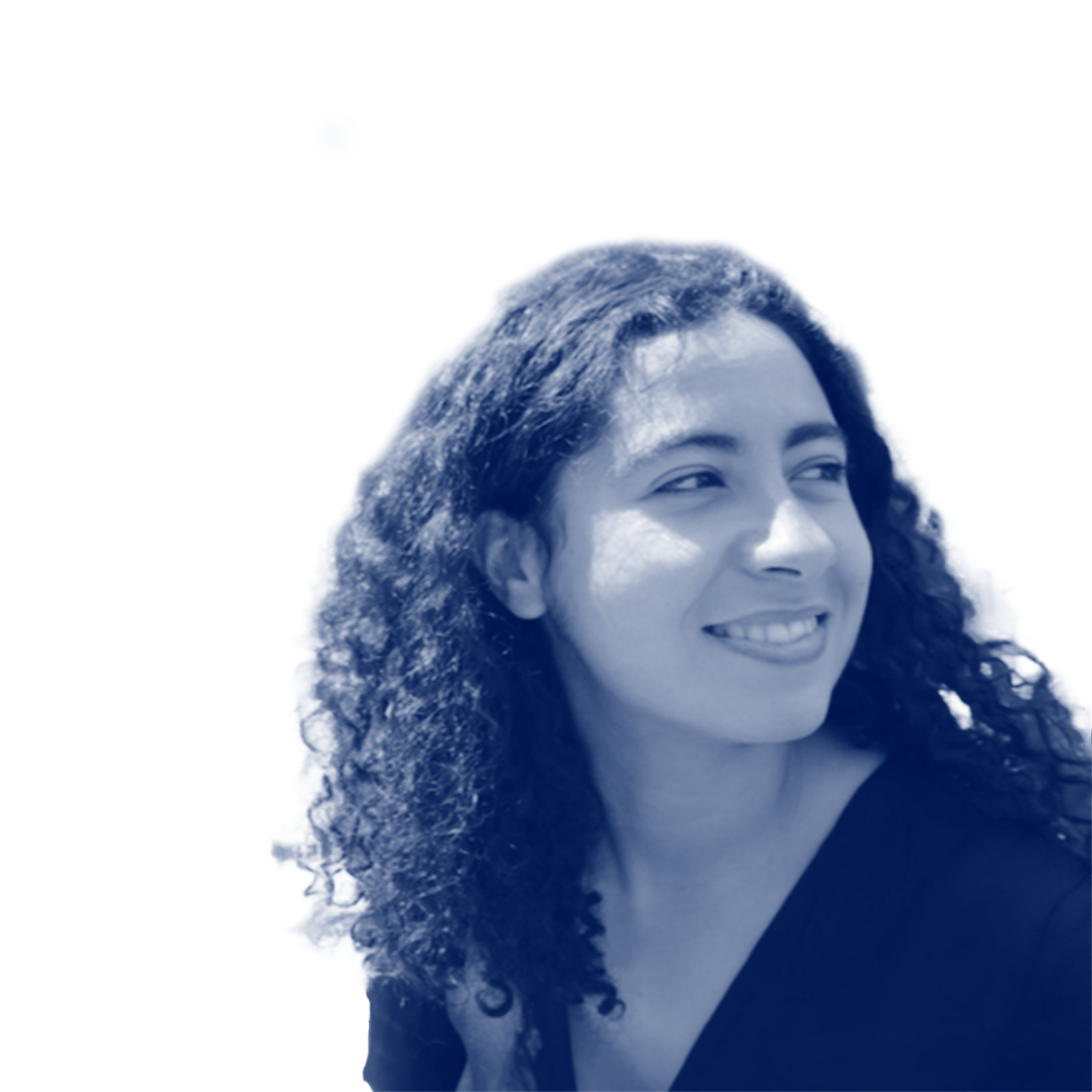
Maria Tazi
International Project Manager
Maria Tazi oversees European and international projects and leads the international business development of Make.org.








